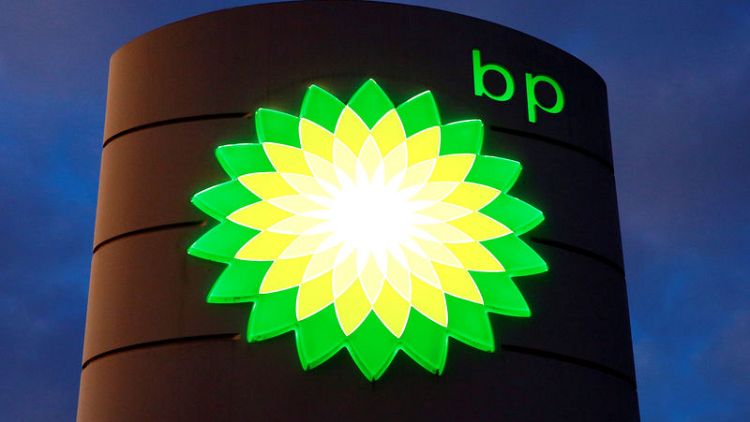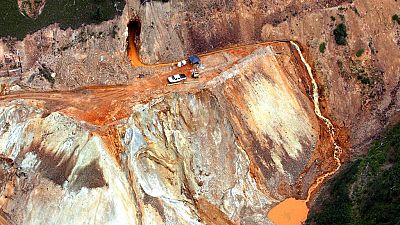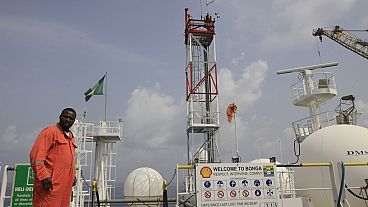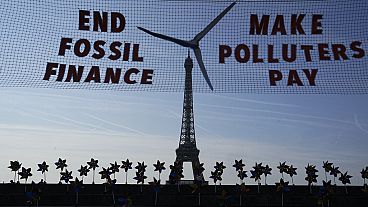By Ron Bousso
LONDON (Reuters) - BP is returning to the animal feed business a quarter of a century after exiting the sector.
The London-based oil and gas company said it is investing $30 million (£23.6 million) in Calysta Inc., which produces protein for fish, livestock and pet food.
Natural gas is pumped through a fermenter, and the microorganisms, from naturally occurring microbes found in soil, metabolise the gas as their sole source of energy, producing a high-protein biomass.
While a relatively large investment for BP's venture division, which typically puts money into new technologies focused on the transition to low-carbon energy, it is small fry for a company that announced a $2.4 billion profit for the first quarter.
The oil giant, which has come under increasing pressure from climate activists, has been working with shareholders in recent years to try to define a path towards meeting the goals of the 2015 Paris climate agreement to limit global warming.
Calysta could, however, become an important buyer of gas for BP as demand for protein-based animal feed is expected to rise by 80% by 2050 as the world's population grows and diets change, BP's vice president for long-term planning Dominic Emery said.
"This could become a reasonably material part of our gas supply business over time," Emery told Reuters. The business is expected to generate profits for BP in the next few years, he added.
The technology may help meet the growing demand for feed in a more sustainable way by using less water and agricultural land.
California-based Calysta operates a production facility in Teesside in eastern England.
BP and peers including Royal Dutch Shell and Total are betting on growing demand for natural gas, the least polluting fossil fuel, as the world transitions to cleaner forms of energy.
While most of the gas is consumed for power and heating, the companies are also looking for other outlets such as truck and marine transportation and industries.
BP built in the 1980s a sprawling nutrition business with products ranging from pet food to fish farms. It sold most of the struggling division by 1994 for over $1.5 billion in order to focus on its oil and gas business.
BP Venture's senior principal David Hayes will take a seat on the board of Calysta, BP said.
(Reporting by Ron Bousso, editing by Louise Heavens)



